"The Value of Money" by Benjamin M. Anderson is a book about money and how it works in the world of economics. Instead of just following old ideas, the book looks closely at how changes and guesses in trade affect what money is worth. The author argues that you cannot figure out money's value by itself; you need to connect it to the bigger picture of what things are worth and how that affects the economy. Anderson uses his expertise to question typical economic thoughts and backs up his own claims by showing how value, money, and economics are all tied together.

The Value of Money
By Benjamin M. (Benjamin McAlester) Anderson
(3.5 stars) • 10 reviews
Discover how money's true worth is tied to changing markets and economic guesses.
Free Download
epub (images)
epub3 (images)
epub
mobi
mobi (images)
txt
Summary
About the AuthorInformation on this author is scarce, but their work continues to inspire readers.
Information on this author is scarce, but their work continues to inspire readers.
Average Rating
4.0
Aggregate review score sourced from Goodreads
5200
4200
3200
2200
1200
Total Reviews
10.0k
Total reviews from Goodreads may change
More Like This
Explore books similar to the one you're viewing
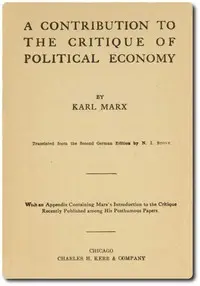
A Contribution to the Critique of Political Economy
By Karl Marx
(100)
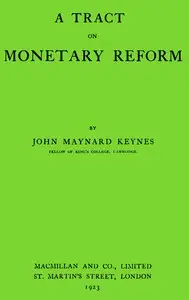
A Tract on Monetary Reform
By John Maynard Keynes
(100)

Readings in Money and Banking Selected and Adapted
By Chester Arthur Phillips
(100)

Honest Money
By Arthur Isaac Fonda
(100)
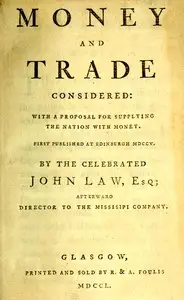
Money and trade considered : $b With a proposal for supplying the nation with money
By John Law
(100)
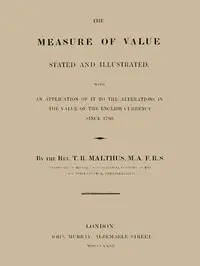
The Measure of Value Stated and Illustrated With an Application of it to the Alterations in the Value of the English Currency since 1790
By T. R. (Thomas Robert) Malthus
(100)

Political economy
By William Stanley Jevons
(100)
More by This Author
Discover other books written by the same author
Related by Category
Discover books in the same genre or category

Cheap Postage
By Joshua Leavitt
(100)

Bacteria Especially as they are related to the economy of nature, to industrial processes, and to the public health
By George Newman
(100)
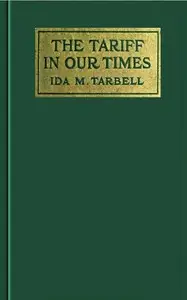
The Tariff in Our Times
By Ida M. (Ida Minerva) Tarbell
(100)

The Paper Moneys of Europe: Their Moral and Economic Significance
By Francis W. (Francis Wrigley) Hirst
(100)
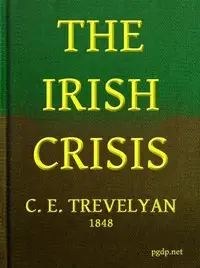
The Irish Crisis
By Charles E. (Charles Edward) Trevelyan
(100)

The Industrial Canal and Inner Harbor of New Orleans History, Description and Economic Aspects of Giant Facility Created to Encourage Industrial Expansion and Develop Commerce
By Thomas Ewing Dabney
(100)
Account Required
You need an account to complete this action.


